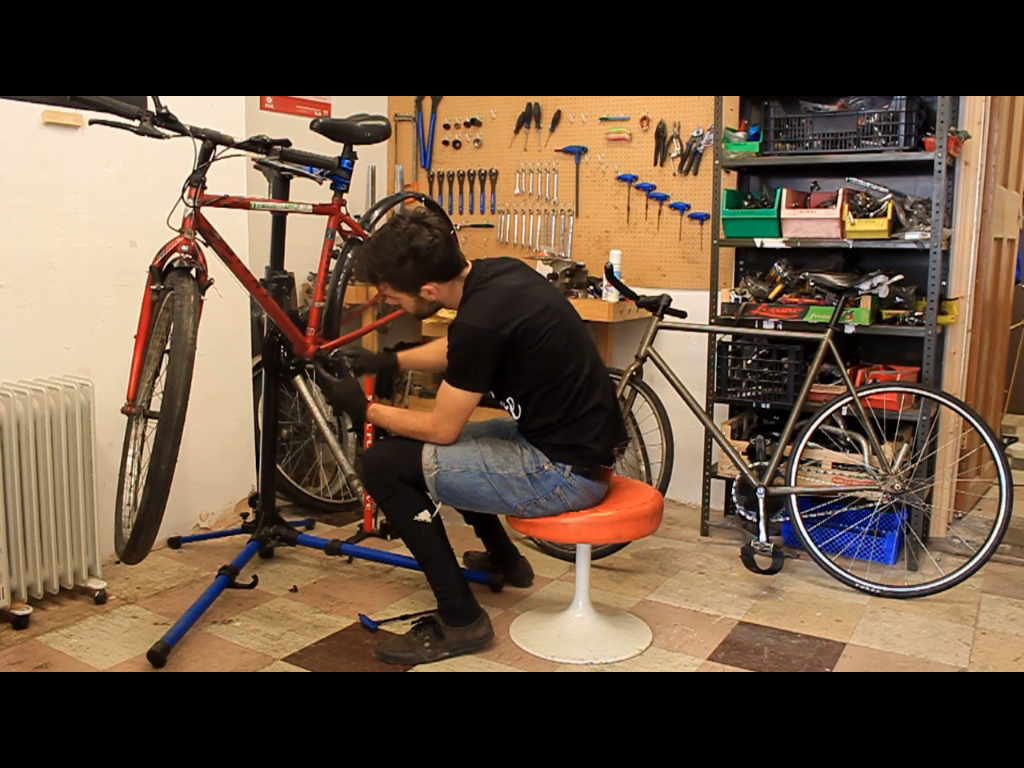This story was written by Erin Kelly, and was originally published by NRECA.
When a brutal ice storm blew trees into electric lines and splintered power poles in northern Michigan in late March, Cloverland Electric Cooperative found itself cut off from mutual aid crews that would normally come from co-ops farther south to help restore power.
The 5-mile-long Mackinac Bridge between Michigan’s Upper and Lower peninsulas was closed because of the treacherous ice, leaving no way for mutual aid crews to reach Cloverland in the remote east Upper Peninsula. The isolated co-op turned north for help—reaching out across St. Marys River to Canada.
Cloverland President and CEO Mike Heise called PUC Services Inc. in Sault Ste. Marie, Ontario, and the head of the municipal utility said he’d be happy to help. Robert Brewer, PUC Services’ president and CEO, immediately offered to send a supervisor and five lineworkers—a quarter of his crew—with two bucket trucks and two digger trucks to start work right away.
The worst damage was in Cloverland’s southern territory, where about a third of the co-op’s 34,500 consumer-members had lost power. Since the storm had hit south of the U.S.-Canada border, the PUC Services crew was available to assist their American neighbors, and they were eager to get to work, Heise said.
“They kept calling and saying, ‘Mike, we’re ready to come across. When can we go?’” he said. “They’re just about a mile away, so they could be here in minutes.”
But getting the Canadian lineworkers into the U.S. proved to be a challenge. In the end, it would take two Michigan state lawmakers, a member of Congress, and action by U.S. Customs and Border Protection, the Department of Homeland Security and the White House to enable the Canadians to cross the border to provide emergency aid to Cloverland.

It all began on Monday, March 31, the morning after the storm hit. At about 7:30 a.m., Michigan state Rep. Dave Prestin called Heise to see if he could do anything to help the co-op. Heise told Prestin about their struggle to get the Canadian crew across the border and the lawmaker reached out to state Sen. John Damoose, who looped in U.S. Rep. Jack Bergman.
The congressman contacted the White House and DHS for help and found out he needed to send a letter to the supervisor of U.S. Customs and Border Protection at the Sault Ste. Marie Port of Entry requesting “emergency humanitarian parole” to allow the Canadians to enter Michigan to help restore power.
Bergman’s request was granted, and the Canadian crew crossed the border about 4 p.m. that same day after going through expedited background checks, Heise said.
“It restored my faith in our government,” Heise said. “Everyone was so great to work with. They really got things rolling and made this happen for us in record time.”
The Canadian crew stayed four days and helped the Dafter-based co-op’s 35 lineworkers restore power to about 10,000 co-op members.
“They’re hard workers,” Heise said of the Canadians. “I went to meet them on Tuesday, the day after they got here, and their attitude was just very positive. But they didn’t want to spend a lot of time talking. They said, ‘pleased to meet you, but we gotta get to work.’ They rolled up their sleeves and went out there and did a great job. It was a blessing to have them.”
Co-op members felt the same way, Heise said. A woman brought a picnic basket full of food for the lineworkers and other members offered to help in any way they could.
“Thank you to our linemen!” one Cloverland member wrote on the co-op’s Facebook page. “And, please, let our Canadian linemen who came over to help know that we deeply appreciate them.”
Brewer said PUC Services has existed for more than a century and its staff has always thought of northern Michigan residents as neighbors.
“When a storm hits close to home, we do what we can to help,” Brewer said. “When Cloverland Electric reached out, five of our powerline technicians volunteered to assist, and we were proud to send them … Seeing the power restored and knowing they played a role in that was deeply rewarding.”
Heise said he and the Cloverland lineworkers are planning to cross the border into Canada on Friday to host a thank-you luncheon for the Canadian crew.
“They really did a bang-up job for us,” Heise said, adding that he doesn’t believe Cloverland had ever received mutual aid from another nation before.
“The river shouldn’t separate us; the border shouldn’t separate us. We both have a common cause of providing the best service for our members. For those four days that the Canadian lineworkers were here, we worked together. When we needed help, they came. And, if they ever need us, we’ll be there in a heartbeat. It was heartwarming to see it all come together.”



